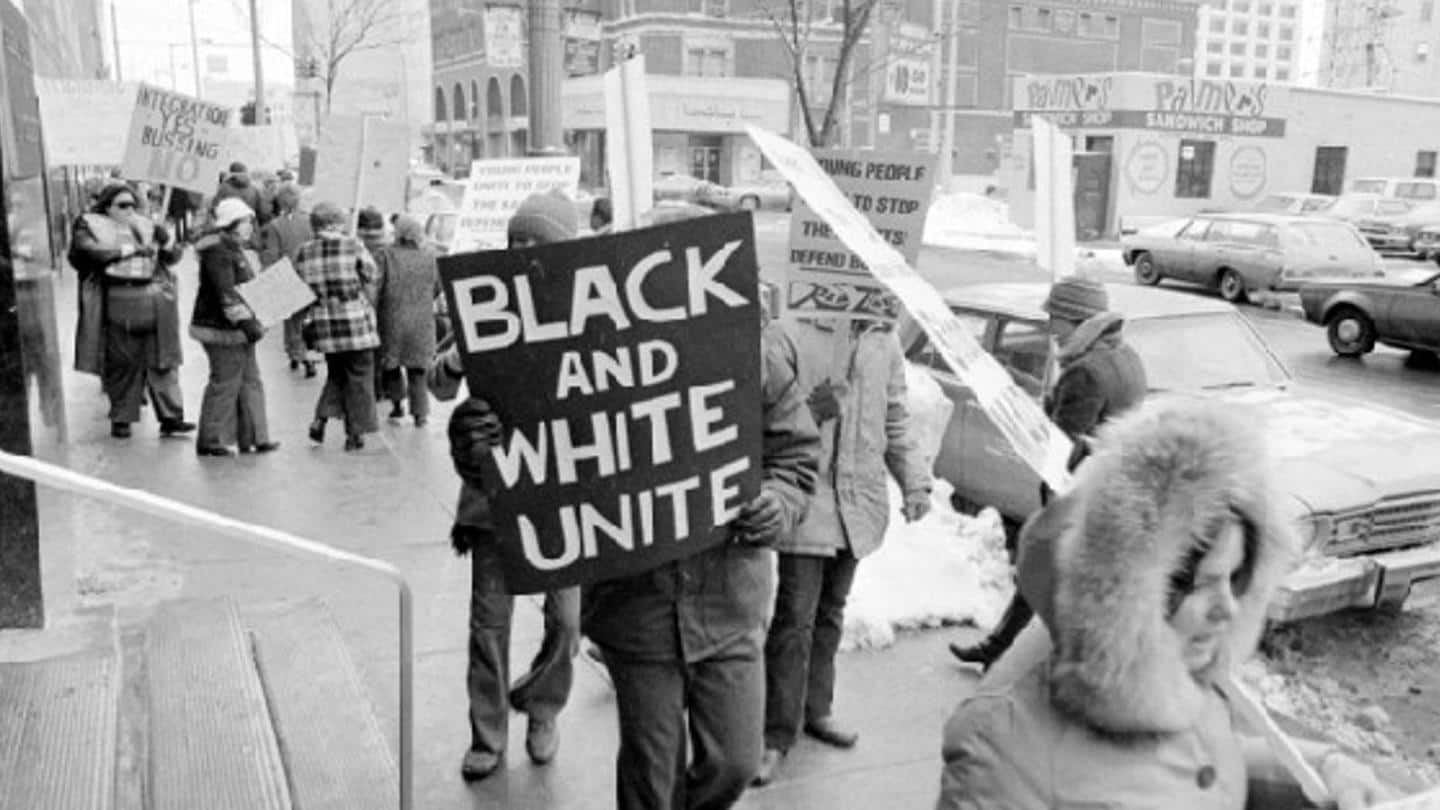
Google Shopping search results introduce racial profiling of black-owned businesses
What's the story
Google has updated shopping search results to make it easier for consumers to identify products sold by black-owned businesses. The update coincides with Black History Month and comes after Google's claims that search interest in black-owned businesses has increased 600 percent in the past year. Google's latest move will satisfy the interest by showing "Black-owned" label on product pages in the Shopping tab.
Self-identification
Google's racial profiling for businesses is thankfully an opt-in feature
Fortunately, the racial profiling of businesses isn't being forced by Google. The company graciously allows individual businesses to self-identify as Black-owned by selecting the attribute through the Google Merchant Center. It must be noted that the businesses are marked as "Identifies as Black-owned" in the Shopping tab. This verbiage is important because Google makes no effort to actually validate the authenticity of these claims.
Reason
Racial profiling will be a permanent fixture despite its timing
The update is an extension of similar feature introduced last year highlighting self-identified black businesses in regular search results. The new feature is a permanent addition to the Google Shopping tab despite it being introduced during the Black History Month. As of now, only US-based retailers with verified Merchant Center accounts are being updated with the self-identification toggle in a phased manner.
How?
Self-identification feature can be toggled on and off at will
Opting into the program not only includes the "Identifies as Black-owned" label to your Google Shopping listings, but doing that also features your products in Google pages highlighting black-owned businesses. The feature can be toggled on and off at will, but Google Shopping listings will take time to reflect the change.
Affirmative action
Unverified self-identification will undoubtedly lead to abuse
Self-identification of businesses could potentially open up the initiative for abuse. It isn't uncommon for non-black individuals to identify as such to reap diversity benefits. Indian-origin American actress Mindy Kaling was embarrassed after her brother wrote a book chronicling his medical school rejection as an Indian, and subsequently qualifying with the same grades by self-identifying as black; thereby highlighting rampant abuse of affirmative action.